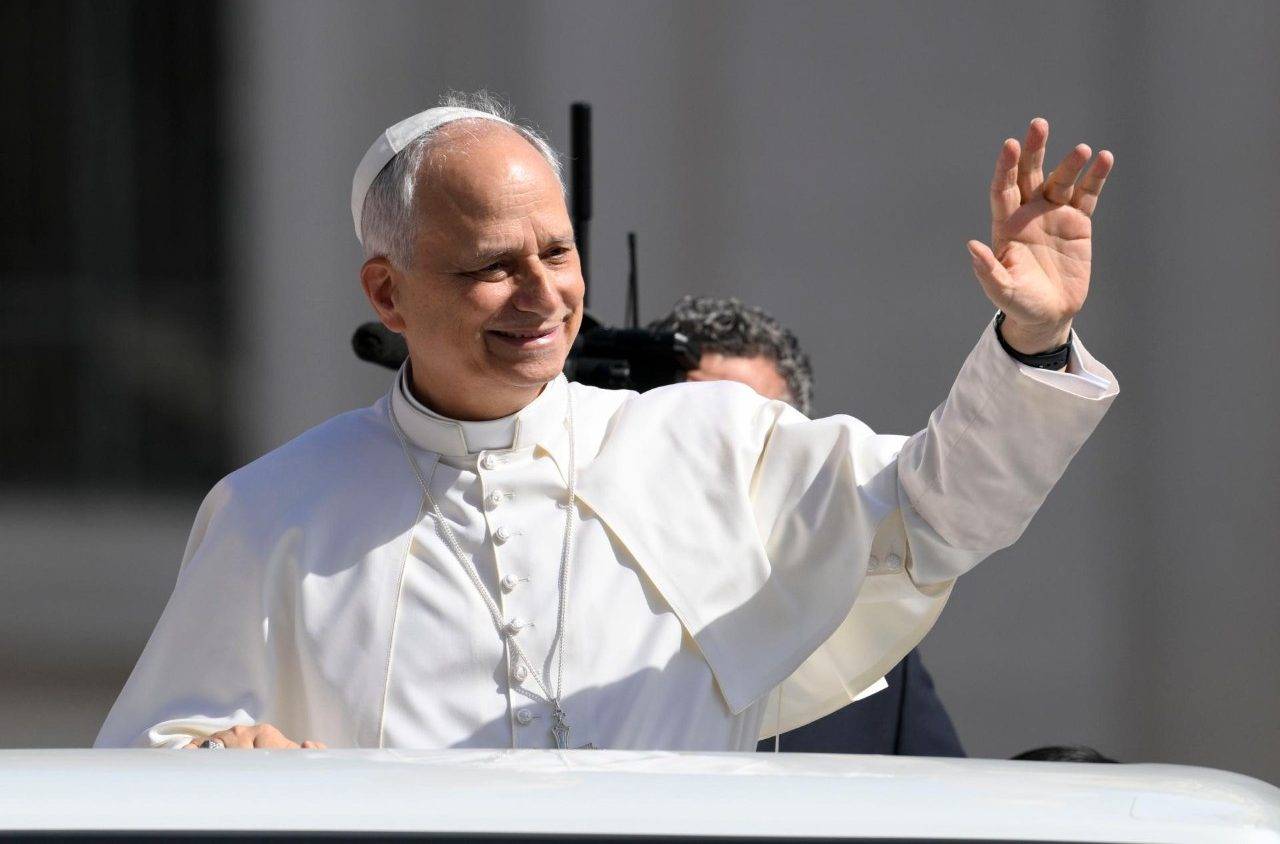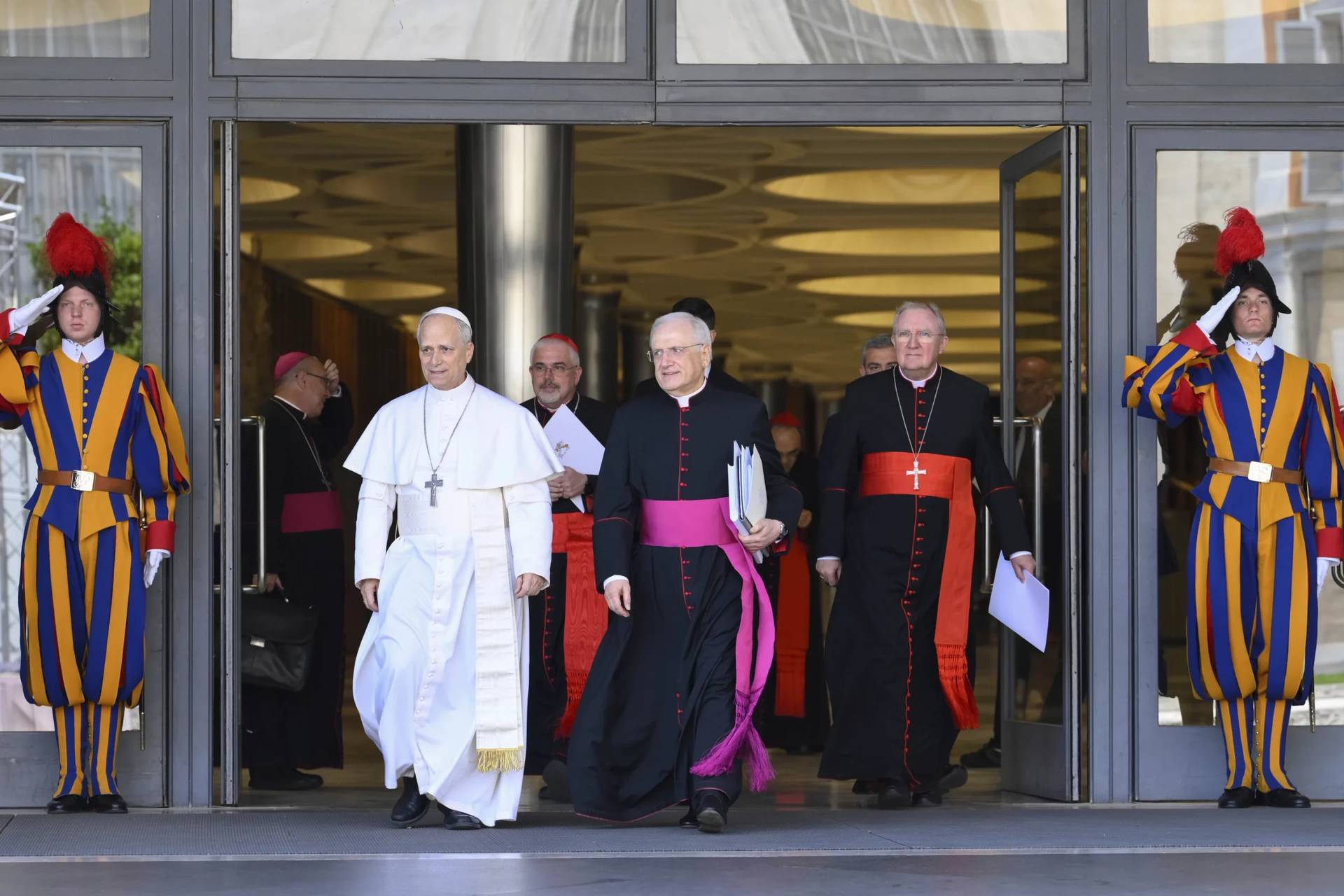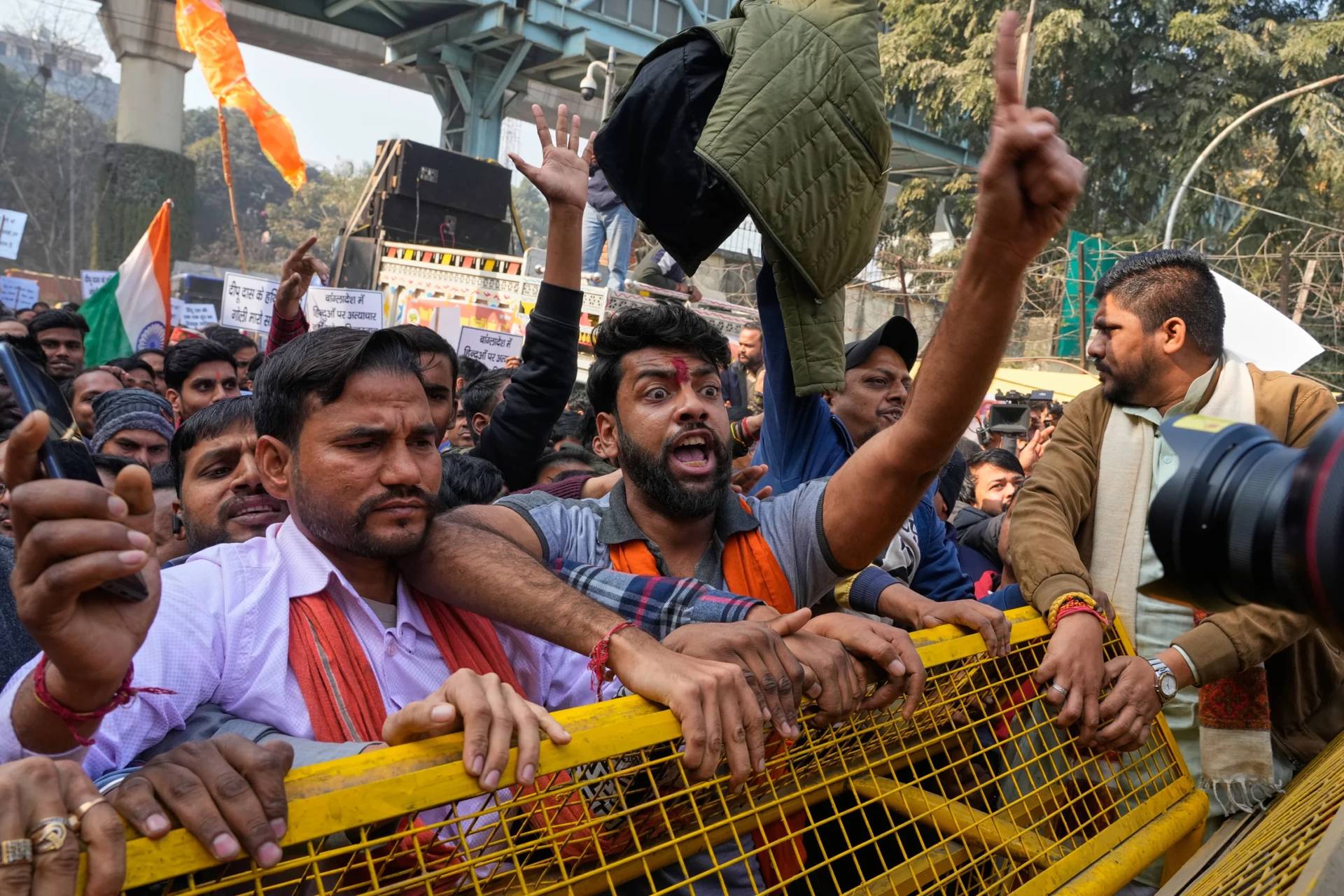
ROME — Rarely does a day go by without the pope – any pope – delivering some generalized statement about the current global situation, or about moral and ethical issues in public life. When you’re pope, that just comes with the territory.
In general, most cultures on earth are mature enough to recognize that when the pope opens his mouth, he isn’t necessarily talking about them. It doesn’t naturally occur to people in India, for instance, to assume that when the pope speaks out against modern-day slavery, he’s necessarily talking about the estimated 18.4 million people working under slave-like conditions in the Asian giant.
When the pope talks about the need to protect life at every stage from conception until natural death, Canadians, who recently legalized euthanasia, don’t automatically presume he’s talking about them.
However, there are three cultures which are the exception to the rule – places where people simply can’t help thinking that everything a pope says or does must be directed at them, or at least have them in mind.
The first are the Italians, for whom history and culture have programmed to believe that no matter what a pope says, he must somehow be speaking about them. If he’s not talking about X, it’s clearly because he’s trying to stay out of local politics, not because the pope just doesn’t care about (or isn’t even aware of) whatever the latest Italian development may be.
The second group are the Americans, who have a tendency to assume that everyone is always thinking about them. Since the pope belongs to the category of “everyone,” therefore, anything he says has to be about what’s happening in the United States.
The third group is a bit of a 20th century novelty: The citizens of whichever country the current pope comes from.
Under St. John Paul II, the Polish tended to assume that since his heart was there, so were his thoughts, words and deeds. Under Benedict XVI, the Germans had an uncanny ability to assume he was addressing a local matter, even when he was speaking from Timbuktu.
Under Francis, Argentines, famous for our ego, tend to believe that anything he says must be about us. Even when he tweets to 30 million people worldwide, which isn’t that much less than the country’s total population, by God, it has to be about us!
I call this a “novelty” because, of course, John Paul II was the first non-Italian pope in five centuries, and in the Catholic Church any trend that’s been going for less than 40 years is still pretty new.
The media result of these cultural assumptions is that in Italy, the United States, and the pope’s ancestral home, every bit of news, rightly or wrongly, is interpreted as a statement on domestic realities.
Examples abound. For instance, earlier this week Francis spoke to 40 representatives from 300 indigenous communities gathered in Rome for a United Nations-sponsored event. He told them that they have the right to give prior consent to any economic activity affecting their ancestral land, quoting the UN Declaration on the Rights of Indigenous Peoples.
Obviously, for Americans, this had to be the pontiff’s way of weighing in on the North Dakota pipeline controversy – so strong was that presumption, in fact, that the Vatican felt compelled to deny it.
Did the pope have the plight of Cheyenne River and Standing Rock Sioux tribes in his mind? Probably. Was it the only one? Hardly.
Probably he also had in mind, among many other examples, the ongoing conflict in Ecuador, where the Shuar are fighting the government, which has in turn militarized some 100,000 acres of the Amazon: the indigenous population living there doesn’t want to have a Chinese company “exploiting” a local mine.
The classic example of this “he’s talking about us” fallacy today comes in the guise of immigration.
In America, whatever the pope says on the subject inevitably is framed in terms of his “ongoing clash” with Trump, recycling their semi-direct spat from February 2016, when the pope said that building walls is not Christian. Never mind that the two have never spoken, much less met.
The truth is it’s entirely possible that Francis, a great promoter of the European Union, has the United Kingdom in mind when he talks migration just as much, or more, than he does the United States. Or, perhaps he’s thinking of the rising star of French far-right presidential candidate Marie Le Pen, who’s told immigrants “not to expect to be taken care of” if they dare enter the country.
Then there are the walls being built all over Europe to keep immigrants out. How dare anyone think that Francis is talking about any wall other than the one Trump wants to build along the U.S.-Mexico border?
As Spanish journalist Miguel A. Rodriguez shared on Twitter, the fences being built in the Vatican’s backyard are many. The graphic is in Italian, but serves to illustrate six of the walls dividing Europe:
Lo dicho. Nos está quedando un planeta muy bonito. pic.twitter.com/XSS1k2trXV
— Miguel A. Rodríguez (@Marodriguez1971) February 11, 2017
Interestingly, there tend to be two exceptions to the “it’s about us” rule in the American media.
The first comes when a papal utterance doesn’t fit the media narrative. During the Obama years, for instance, it was widely presumed that Francis and the American president were on the same page, so contrary storylines didn’t get much traction.
Yet the facts are is that Obama deported over two million illegal immigrants in eight years, some 409,000 people in 2012. The overwhelming majority of them weren’t criminals, and up to one-quarter were parents of a child who was a U.S. citizen. It may seem hard to remember now, but for a time he was dubbed the “Deporter in Chief” by his critics.
Despite all that, who remembers headlines saying “Pope blasts Obama’s immigration policy”?
The other exception comes when the pope talks about issues no one cares about, or wants to hear.
Few, if any, news agencies have carried headlines such as “Pope Francis blasts U.S. companies that sell fish caught by slaves in Southeast Asia” whenever he speaks of human trafficking, or “In morning Mass, Pope calls for the U.S. to stop selling weapons to the Middle East” whenever he denounces the gun trade.
Of course, I understand the pressures of writing for an audience that expects an American angle. One thing I’ve learned as an Argentinian writing for American news agencies is that if a story doesn’t have an obvious American angle, it’s probably not going to do very well in the US market.
Still, here’s the bottom line: The pope is a global leader, concerned with the whole world and with the affairs of 1.3 billion Catholics scattered in every corner of the planet. Yes, America is a critically important nation, and nobody in Rome is unaware of it, but that doesn’t mean it’s by definition the place Pope Francis or any other pontiff has on his mind when he gets out of bed every morning.
If the pope has something to say about the United States, he’ll say it. Otherwise, a dose of caution is probably in order about every “Pope rips X” headline you see with an American angle.

















